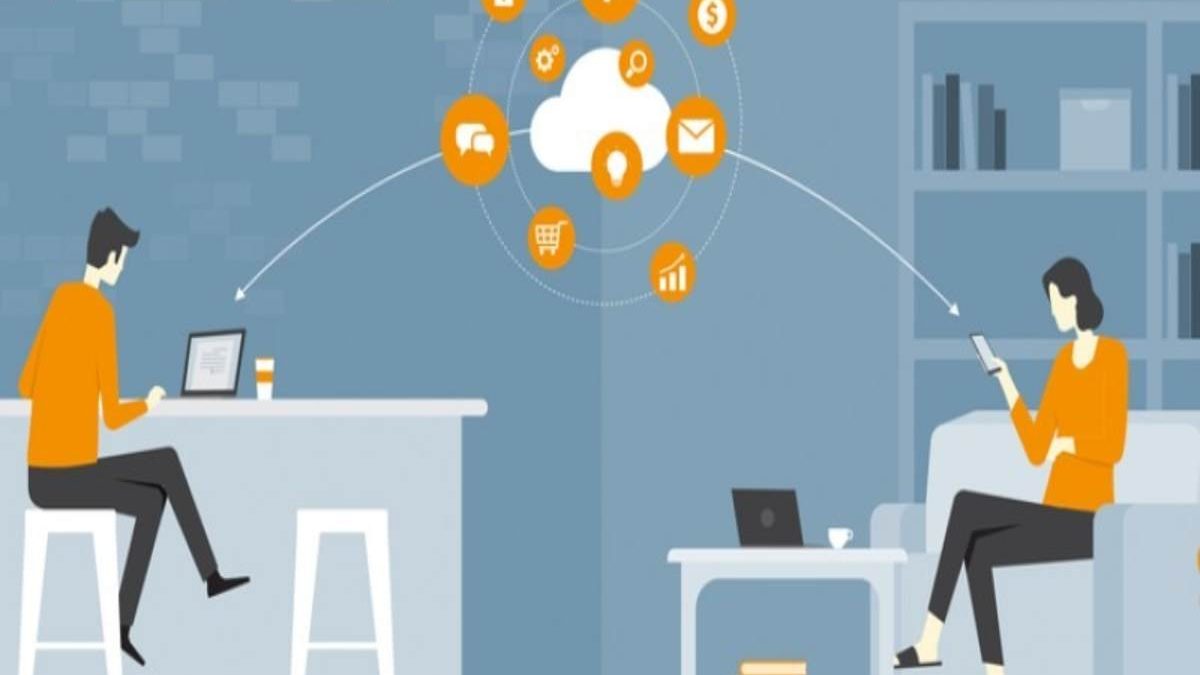Quite the opposite, the pandemic has pushed the work from home train to the front and centre, as businesses and workers have had to comply with the social distancing rules and other restrictions. Even though remote work has existed for so many years, today, the technologies are such advanced than ever but still they make it possible and more accessible than any time before. Some people actually spent their whole time working, while others took frequent breaks to play on https://bet20.com/live-casino. As the employees are increasingly taking their commute home and switching to a home office it is time to realize the benefits and drawbacks of this trend as well as the impact technology has made on remote work.
Table of Contents
One thing I also appreciate as a remote contributor is having the flexibility to work at times that suit my schedule and lifestyle.
Removing the need for commuting to an office, workers get the freedom to decide for themselves the schedules that are more suitable and the balance their working life with other life things. It is where this way of working is more appealing for mothers, housekeepers, and persons with disabilities or other health issues. And they are those which make it difficult for them to work in a traditional office setting.
Another part of remote work is the ability to do things more effciently. A lot of the noise workers encounter while in an office setting or attending meetings on off days is not there at all which makes it easier to get more done in less time. Remoteness of a job can be a great tool to cut down on those days taken off and increase your workers good time as they feel valued and trusted by their leader.
The remote work gives even more tools to the companies’ toolkit. Through the fact that workers can be able to telecommute home, companies can decrease the cost of operation that was otherwise paying for physical office, rent, utilitiy bills, and stock of necessary supplies. The chance of employing a wide range of talent is also one of the opportunities resulting from off-site work. Companies now can have a global access to workers, not constrained within the borders of one city.
Cons of Working from Home
Indeed, remote work has considerably the advantages but there are also challenges. People who now work from home may miss the quality time of being at a traditional office setting with others. The people sitting next to their colleagues laughing can now be watched on video conferences only. These situations can be frustrating for workers that are accustomed to teams work or labor in a social setting.
The other concern is whether there is a risk for distraction and intrusions. Although the interventions from the co-workers and the meetings are smaller for remote workers, they may be more attracted by some distractions from family members, souvenirs, or personal household chores. This can be a challenge in many cases since it is easy to get distracted and lose energy for work, particularly for those who have no work-room set aside to be used exclusively for telework.
The very essence of remote work, which stems not from the office can of management as well. Employees’ notion that there is no physical supervisor to push them to perform better and meet deadlines by the required date makes it easy to be distracted. The communication and cooperation among remote workers may become an issue, especially for companies which depend on teamwork, collaboration and coordination, as remote workers may find problems in communicating effectively or in working together.
Technology’s Impact through Remote Work
The recent evolution in technology has generally led to a rise in remote or home-based work which is now simpler and relatively easier than earlier. Nowadays, video conferencing and instant messing apps are used widely by the remote workers to establish the business connection and get lots of work at home. Technology does not let them stay idle and not productive no matter where they work.
Among the several advantages that have been brought about by technology in remote work settings is the effective communication that is now available. The fast progress we have made in communication technology, in terms of video conferencing and instant messaging tools, is that remote workers are now able to stay connected with their team members, share ideas and work on projects. The cloud computing based document sharing and project management tools also give to the remote workers the teams access to the same files and data as their primary colleagues, which allows them working successfully as the same team members.
Technology has also made it easier for managers and employers to monitor remote workers and ensure that they are staying on task. Time tracking and productivity software can help managers track the time and effort that remote workers are putting into their work, while project management tools can help ensure that everyone is working towards the same goals.
However, technology can also present its own challenges for remote workers. The constant barrage of emails, instant messages, and notifications can be overwhelming and distracting, making it difficult to stay focused and productive. Additionally, the lack of face-to-face communication and interaction can make it challenging to build strong relationships with colleagues and feel connected to the broader organization.

